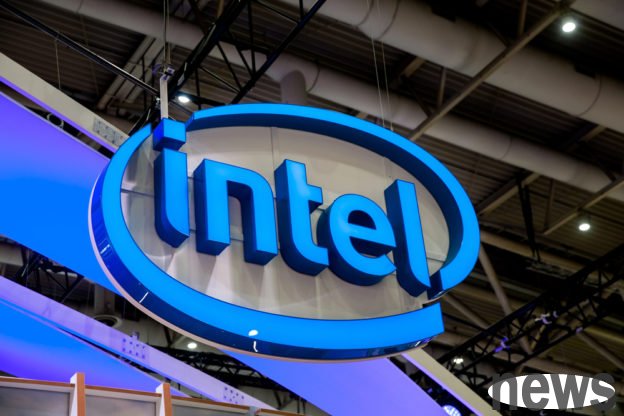
According to Chinese media reports, Tianfeng International Securities analyst Ming-Chi Guo issued a report on the 25th "Analysis of the Important Points of the US Government's Acquisition of Intel's Rights Reserved". The biggest meaning of the US government's acquisition of Intel is to provide strong memorization, strengthening Intel's belief that it is too big to fail; but this does not help Intel's advanced process. The US government's acquisition of Intel's shares cannot guarantee the "technical upper limit", but it can ensure the "valuation lower limit" and help Intel operate.
Kuo Mingchi also believes that this model does not apply to Taiwan and Samsung, and there are three main factors. First, crystalline foundry is a national strategic resource. If a foreign government invests in it, it is not different from handing over part of the ownership of the most important national strategic resource to the foreign government. This has caused potential political risks, which should be displeased by the US government; secondly, Taiwan Power and Samsung are currently profitable, so they will care about the EPS sparse caused by primary common stocks; furthermore, Taiwan Power and Samsung do not have the responsibility to boost the US semiconductor system, so political neutrality can help long-term operations.
Kuo Mingchi pointed out that the US government had originally planned to provide $8.9 billion to supplement Intel, the difference is that the US government can now obtain 9.9% of the Intel shares (buy 433.3 billion shares at a price of $20.47 per share). The 433.3 billion shares are primary shares of common stock, but the US government does not intend to commit Intel's operations, so it abandons common stock rights (board representatives or other governance or information rights). This passive investment minimizes the market's concern that the government may commit Intel's operations.
Kuo Mingchi continued to point out that junior stocks can ensure that Intel can directly receive investment funds from the US government. At present, most shareholders should care about when Intel will turn around and advanced process capabilities, so even if this EPS is rare, there will be no shareholders to oppose it. The US government's purpose of obtaining Intel's equity is long-term strategic support, and it is not urgent to expand, and it does not hope that Intel will increase financial burdens and affect capital expenditures in the next few years due to the payment of fixed dividends, so it does not choose special stocks.
Kuo Mingchi believes that the biggest meaning of the US government's investment in Intel is to provide strong and powerful memorials, which strengthens Intel's belief that it is too big to fail. This will not help Intel's advanced process technology, but will make the market willing to re-evaluate Intel's PB ratio with a lower discount rate, helping to improve Intel's valuation floor and improve stock market performance, and helping Intel operate. Valuation flooring can be roughly considered as the concept of strong support areas of stock prices. Intel's past valuation flooring was about $20, so after it fell below, it is often seen that strong buying markets will be brought in; and the US government's investment and the cancellation of the "claw-back" terms are both of them to significantly improve the valuation flooring.
Analysis of the key points of the US government's acquisition of Intel shares
This transaction cannot guarantee the "technical upper limit", but it can ensure the "valuation lower limit"
Full text link https://t.co/kZzeYmUp9s pic.twitter.com/6ZRpP0oH7m
—Ming-Chi Kuo (@mingchikuo) August 25, 2025
Extended reading: Is the NTD voltage coming? Trump not only invested in Intel, but also helped Jokers place orders US government acquires stake in Intel, experts: It will not threaten Taiwan's electronics